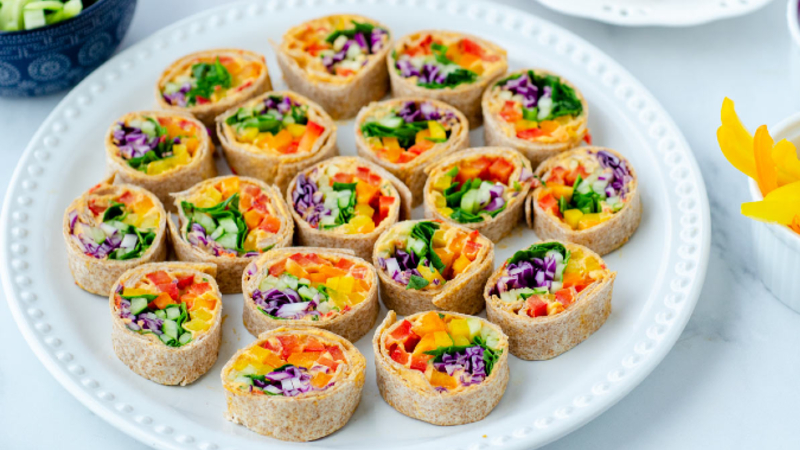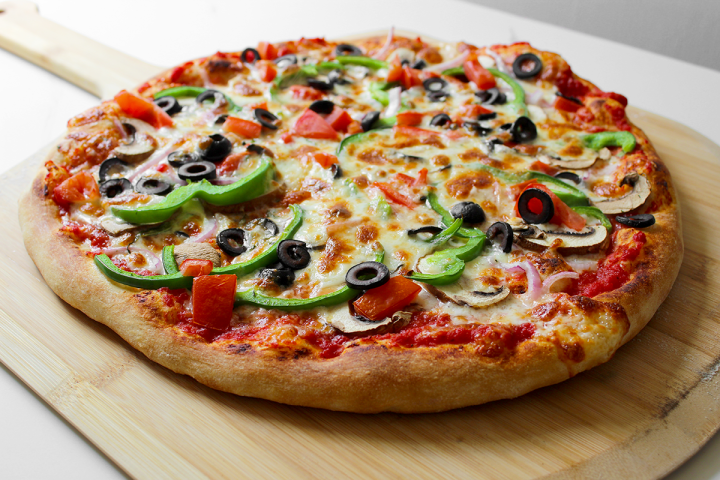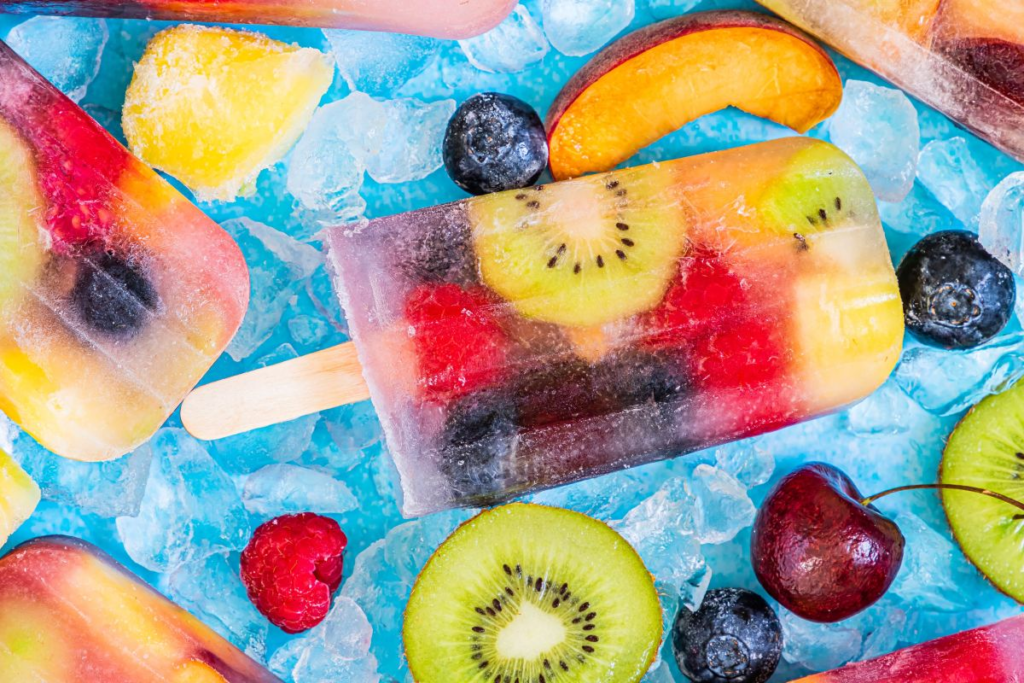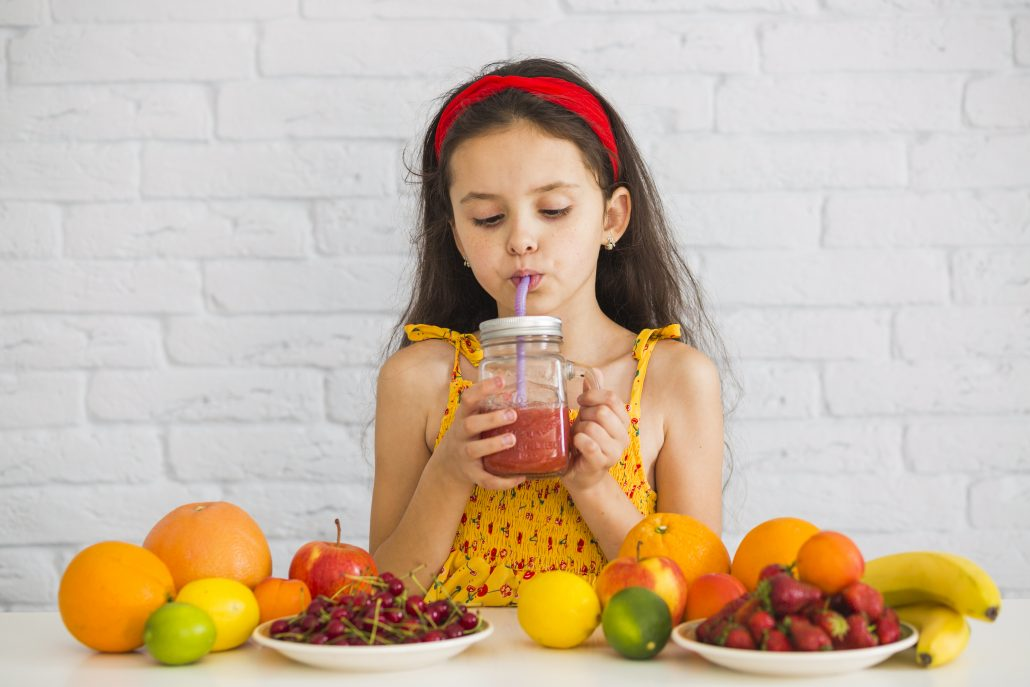The Importance of Healthy Eating Habits for Children: Tips and Recipes
TL: DR
Healthy eating habits for children are crucial for their growth, brain development, immunity, energy levels, and long-term health. Nutrient-rich foods like protein, calcium, vitamins, and healthy fats support physical and mental well-being.
These habits ensure improved brain function, immune system strength, energy, and focus. Moreover, they also reduce the risk of chronic diseases and promote emotional balance.
The guide emphasizes the importance of a balanced diet and offers five nutritious recipes including Rainbow Veggie Wraps, and Veggie Pizza to encourage healthier eating choices for kids.
The Importance of Healthy Eating Habits for Children: Tips and Recipes
Hey there, parents! We all know how important it is for our children to eat healthy food. Food is vital to any child’s development beyond just filling their tummies. Healthy eating sets the stage for growth, brainpower, and happiness in children.
Parents need to make informed choices when it comes to diet for their children. That is why we have created this guide that will identify why it is vital to eat healthy along with recipes that you can try.
So without further ado, let’s dive into why it matters and some easy tips and tasty recipes to ensure a healthy eating lifestyle!
6 Benefits of Eating Healthy for Children
Healthy eating is a cornerstone of their overall well-being. Here’s why it’s such a game-changer:
1. Growth and Development
Studies have shown growth and development in children are massively influenced by the nutrients they consume. Nutrients such as protein, calcium, and vitamins should be included in the diet,
● Protein:
This nutrient aids in muscle building and the repair of tissues. You can get protein from different sources such as eggs, fish, and meat.
● Calcium:
Calcium is vital for healthy bones and is found in green vegetables and dairy products.
● Vitamins:
Vitamins also play a crucial role in development. Vitamins such as A, C, D, and E are the most essential ones as they play a major role in bodily functions.
● Healthy Fats
Another important nutrient is healthy fats. These fats contribute to improved memory and brain development. Some of the foods that are rich in healthy fats are salmon, walnuts, and flaxseeds.
By providing a variety of nutrient-rich foods, parents can support their child’s growth, both physically and mentally.
2. Improved Brain Function
Healthy eating plays a significant role in improving cognitive sharpness in numerous ways. Good nutrients provide a steady supply of energy to the brain which promotes attention and concentration.
Proper nutrition, especially during the critical stages of growth is very important as it promotes more neural connections and pathways. Brain development is crucial in the early stages of life as it lays the groundwork for better problem-solving, creativity, and adaptability.
Eating healthy also ensures mental clarity and alertness in children. With healthy foods, they can manage their stress levels effectively.
Moreover, these foods also contribute to stable blood sugar levels which helps reduce mood swings and enhance overall emotional well-being. This stability positively influences behavior and cognitive performance.
3. Boost in Immune System
Another major benefit of proper nutrition is that it helps combat illnesses and infections. Nutrients such as vitamins are key for improving immune functions as they help produce and activate immune cells.
A well-nourished diet can also help combat harmful bacteria, viruses, and other pathogens. This reduces the chances of children getting sick and infected.
When children do get sick, a strong immune system can help in a quicker recovery. Proper nutrition assists in a faster healing process and allows children to recover quickly.
By providing a variety of nutrient-rich foods, you can support your child’s immune system and help them stay healthier and better equipped to fight illnesses.
4. Energy and Focus
Energy and vitality in children are tied closely to their diet and nutrition. Here’s how healthy eating contributes to sustaining their energy levels and vitality:
● Regulating Blood and Sugar
Healthy eating habits, especially avoiding sugars and processed foods, help in maintaining stable blood sugar levels. This prevents rapid spikes and crashes in energy. As a result, children have stable energy and focus throughout the day.
● Better Physical Activities
A well-balanced diet ensures that children have the energy to engage in physical activities. Proper nutrition supports their ability to play, run, and exercise which promotes physical fitness and overall health.
After physical activities, the body will need nutrients for recovery. A diet rich in proteins, carbohydrates, and fluids can help restore energy and repair muscles.
● Improved Focus and Alertness
Healthy eating is not just about physical energy but can also help fuel the brain. Nutrient foods support cognitive function, and aid in mental alertness, focus, and attention.
Proper diet contributes to optimal brain function which helps children stay attentive and engaged in learning activities. This can help enhance their ability to perform well in school.
5. Long-Term Health
The eating habits children develop early in life often enter into adulthood. When they are used to a diet rich in fruits, vegetables, whole grains, and lean proteins, they’re more likely to carry these habits forward.
A well-balanced diet in childhood reduces the risk of developing various chronic conditions later in life. This includes diseases like obesity, type 2 diabetes, hypertension, and heart disease.
The eating habits formed in childhood help in maintaining a healthy weight. Children who eat a good diet and learn portion control are less likely to struggle with obesity and heart diseases as adults.
Healthy eating during childhood is not just about immediate benefits but it is an investment in long-term health and well-being
6. Improved Emotional Well-Being
Eating healthy can also have a positive impact on their overall emotional well-being. A well-rounded diet rich in essential nutrients contributes to stable mood regulation.
Nutrients such as omega-3 fatty acids, vitamins, and antioxidants from fruits and vegetables play a role in supporting emotional balance. Stable blood sugar levels from a balanced diet can help reduce mood swings and irritability.
5 Healthy Recipes for Kids You Need to Try
There are plenty of healthy and yummy recipes you can try for your child. Let’s take a look at some of the best options you can try:
1. Rainbow Veggie Wraps

Ingredient List:
● Whole-grain tortillas
● Sliced bell peppers (red, yellow, green)
● Shredded carrots
● Cucumber strips
● Hummus or cream cheese
Method:
1. Preparation: Lay out the tortillas on a clean surface.
2. Spread: Evenly spread hummus or cream cheese on each tortilla.
3. Arrange Veggies: Place sliced bell peppers, shredded carrots, and cucumber strips along the center of each tortilla.
4. Roll-up: Carefully roll up the tortillas tightly.
5. Slice and Serve: Slice the rolled-up tortillas into bite-sized pieces. Serve and enjoy this colorful and nutritious snack!
2. Veggie Pizza

Ingredient List:
● Whole-wheat pita bread or tortillas (as the base)
● Tomato sauce or marinara
● Chopped vegetables (bell peppers, cherry tomatoes, broccoli, mushrooms)
● Grated mozzarella cheese
● Optional: Diced chicken or tofu for added protein
Method:
1. Preheat Oven: Preheat the oven to 375°F (190°C).
2. Prepare Base: Place pita bread or tortillas on a baking sheet.
3. Spread Sauce: Spread tomato sauce or marinara evenly on the base.
4. Add Toppings: Sprinkle chopped vegetables and any desired protein over the sauce.
5. Cheese Layer: Sprinkle-grated mozzarella cheese generously over the toppings.
6. Bake: Place the prepared pizzas in the oven and bake for about 10-12 minutes until the cheese melts and the edges turn golden brown.
7. Serve: Slice and serve these delicious veggie pizzas!
3. Homemade Fruit Popsicles

Ingredient list:
● Fruit of your choice (Berries, mango, and kiwi)
● Fruit Juice
● Popsicle molds & Sticks
Method:
1. First cut the fruits into small pieces and distribute them among the popsicle molds.
2. Pour fruit juice into the molds and cover the fruits
3. Insert popsicle sticks in and freeze until it’s solid
4. Remove the popsicle and enjoy homemade popsicles
4. Banana Sushi

Ingredients:
● Bananas
● Nut butter (peanut butter or almond butter)
● Tortillas or flatbread
Method:
1. Spread a thin layer of nut butter over a tortilla or flatbread.
2. Place a peeled banana at one end and roll it up tightly.
3. Slice the rolled tortilla into bite-sized pieces, resembling sushi rolls.
4. Serve these banana “sushi” rolls for a playful and healthy snack.
5. Baked Sweet Potato Fries

Ingredients:
● Sweet potatoes, peeled and cut into fries
● Olive oil
● Salt, pepper, paprika (optional)
Method:
1. Preheat oven to 425°F (220°C).
2. Put sweet potato fries with olive oil and seasonings.
3. Spread fries on a baking sheet in a single lay
4. Bake for 20-25 minutes until crispy. Make sure to flip halfway through.
5. Serve these delicious and healthy baked fries.

